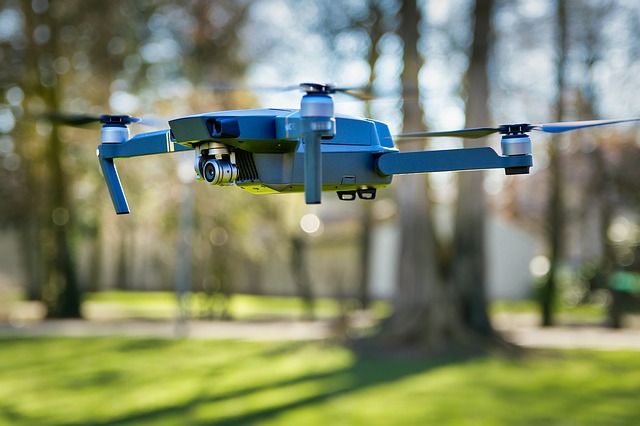The Kenya Civil Aviation Authority (KCAA) has finally gazette the 2017 proposed Remote Piloted Aircraft Systems. In plain English, that means that flying a drone in Kenya by the general public is now legal; although under very tough regulations.
The regulations for civilians looking to fly drones comes under three categories:
Recreational purposes
Private use
Commercial use
All the three categories comes with different set of regulations and certifications. The KCAA now wants everyone owning a drone to register with them within the next six months and for anyone getting a new one, they must first register before being issued the license to operate it.
Requirements to own a drone
To take your bird to the Kenyan air space, one must have a license, and for one to get the licensing, you must be 18 years or older. You also need to be a Kenyan citizen or a registered company or an arm of the government. Other requirements to become a drone pilot are as follows:
Hold a current Class 2 medical certification
Understand English language
Hold a radio telephony license
Successfully completed a training course approved by the KCAA
Possess a police clearance certificate
Have a liability insurance cover
Other regulations, applicable to all the three categories of drones are as follows:
You should not fly the drone 400 feet above the ground level and not within 50 meters of any person, vessel, or structure, which you as the pilot no longer can control the drone.
Never operate a drone at night, unless given explicit permission by the KCAA for that particular session
Drones without cameras, weighing less than 2 kilograms gross weight, not powered by any fuel system, not capable of carrying any payload and is operated at a maximum height of 50 feet above ground level, a maximum lateral distance of 50 meters from the operator and a maximum speed of 10 knots are referred to as ‘toys’.
Toys and Drones shall not be operated within an aerodrome and not less than 500 meters from the aerodrome boundaries, in or around strategic installations, radar sites, high tension cables and communication masts, prisons, police stations, courts of law and scenes of crime.
Any person who does not adhere to the provisions of the regulations commits an offence and shall be liable, upon conviction, to a fine not exceeding two million shillings or to imprisonment for a term not exceeding six months, or both.
The regulator started receiving local applications for drone pilots from as early as August 2016. Other multinational organization that have applied for drone licensing in Kenya include Google, Uber, and the Red Cross. The Kenya Red Cross would like to use drones in emergency rescue missions.



